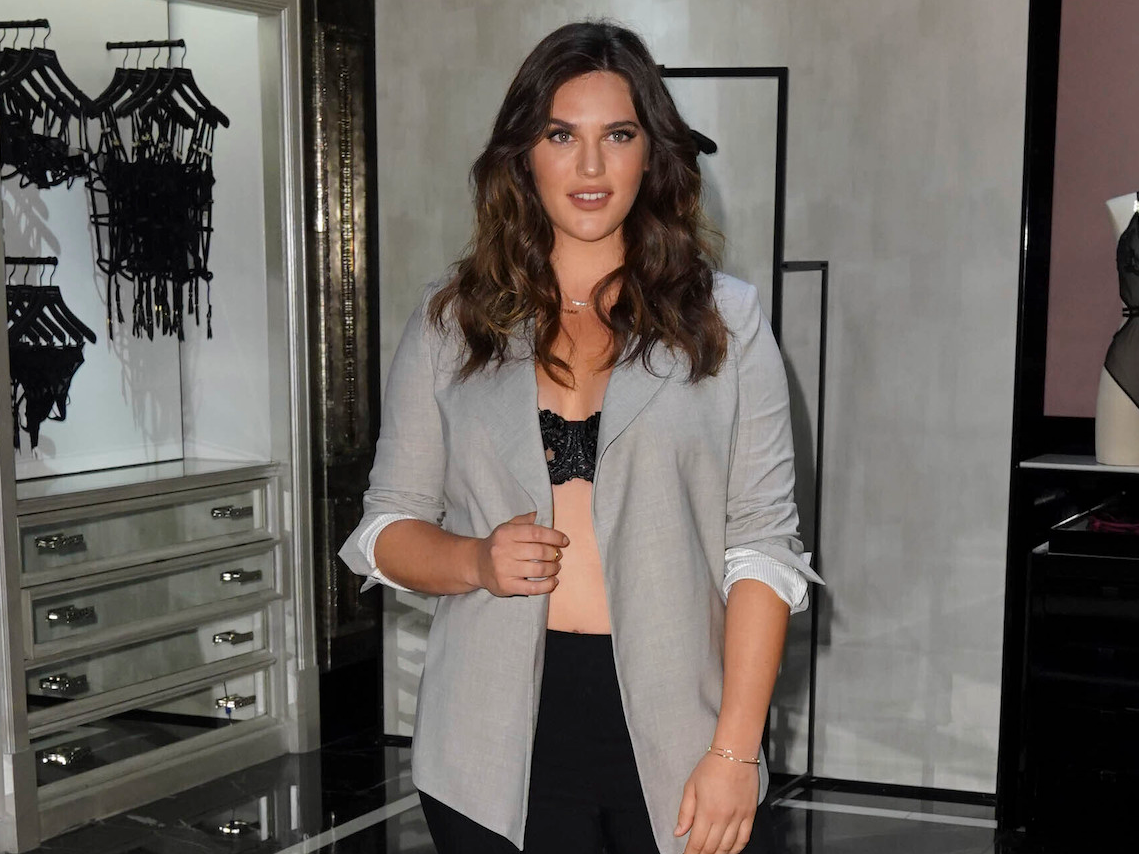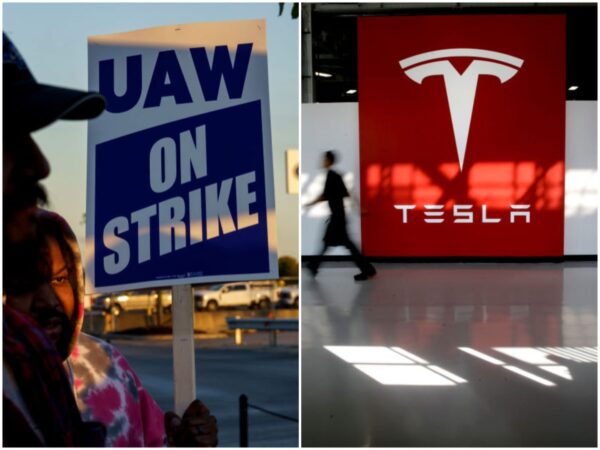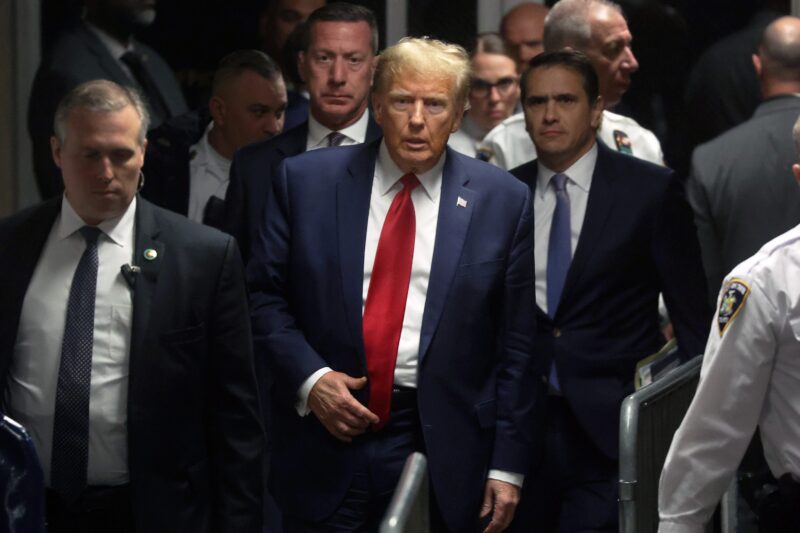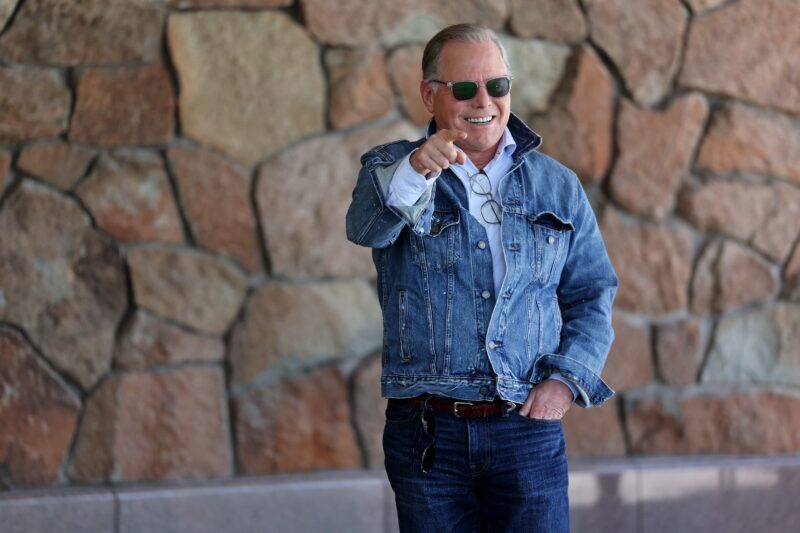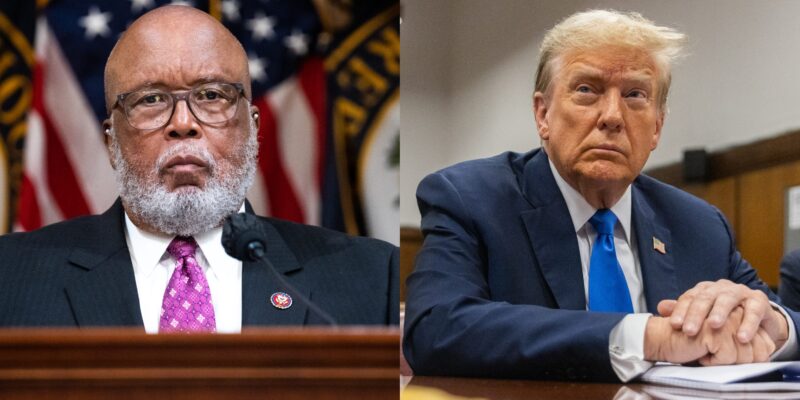- On Friday, Victoria’s Secret announced a collaboration with UK-based lingerie brand Bluebella, which will bring the latter brand’s products to select Victoria’s Secret stores.
- Victoria’s Secret is now being praised for hiring plus-size model Ali Tate to showcase pieces from the collaboration.
- However, the brand might not deserve such accolades. After all, Tate was technically hired by Bluebella, not Victoria’s Secret.
- The brand’s latest move also seems insincere and ill-timed, considering Victoria’s Secret problematic past and misunderstanding of the “average American woman.”
- Visit Insider’s homepage for more stories.
After 42 years in business, Victoria’s Secret has finally hired its first plus-size model – sort of.
On Friday, the company announced a collaboration with UK-based lingerie brand Bluebella, which is known for being inclusive in its products and marketing. It was also announced that plus-size model Ali Tate will be featured wearing pieces from the brand’s collaboration.
Though some have praised Victoria’s Secret for seemingly taking a step in the right direction, the praise is misplaced.
Victoria’s Secret didn’t actually hire Ali Tate – Bluebella did
On Monday, it was widely reported that Victoria’s Secret hired its first plus-size model, Ali Tate. On Instagram, Tate commented on her new job, saying she’s “pretty stoked” to work with the brand.
"At the launch today for Victoria's Secret and Bluebella at their flagship store in NYC," Tate wrote. "I believe I'm the first size 14 on Victoria's Secret? Regardless I'm pretty stoked to work with a brand I idolized when I was a teen. Great step in the right direction for bodies."
However, many headlines - as well as Tate's Instagram post - were misleading. As it turns out, Victoria's Secret cannot take sole responsibility for employing Tate.
In an email previously sent to Insider, Tate confirmed she was hired by Bluebella, not Victoria's Secret. She also said her future involvement with the latter brand is currently unknown.
Regardless, the timing of Victoria's Secret's latest campaign is questionable
Victoria's Secret has long been criticized for exclusively representing women with just one body type.
For example, models who walked in the brand's '90s fashion shows don't look much different than those who hit the runway in 2017.
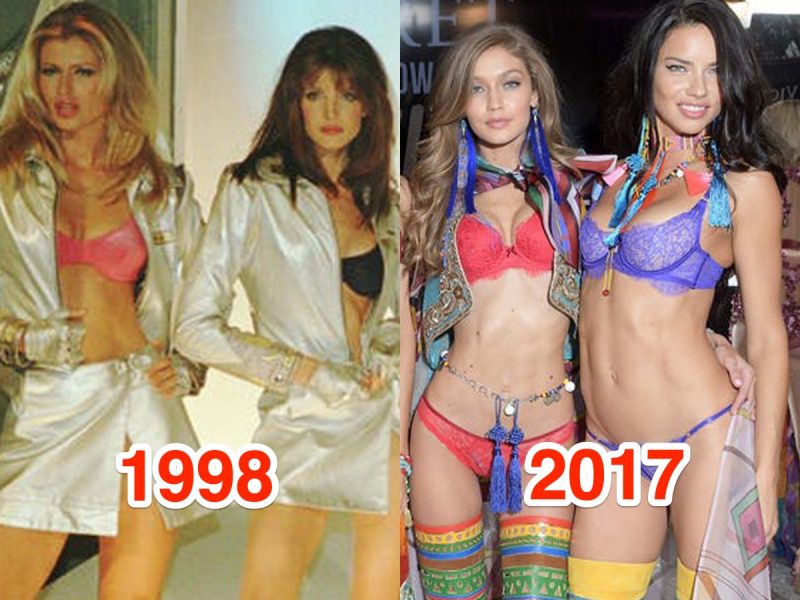
Victoria's Secret has also faced backlash for failing to keep up with brands like Aerie, which frequently celebrates body positivity through its advertisements and in-store campaigns.
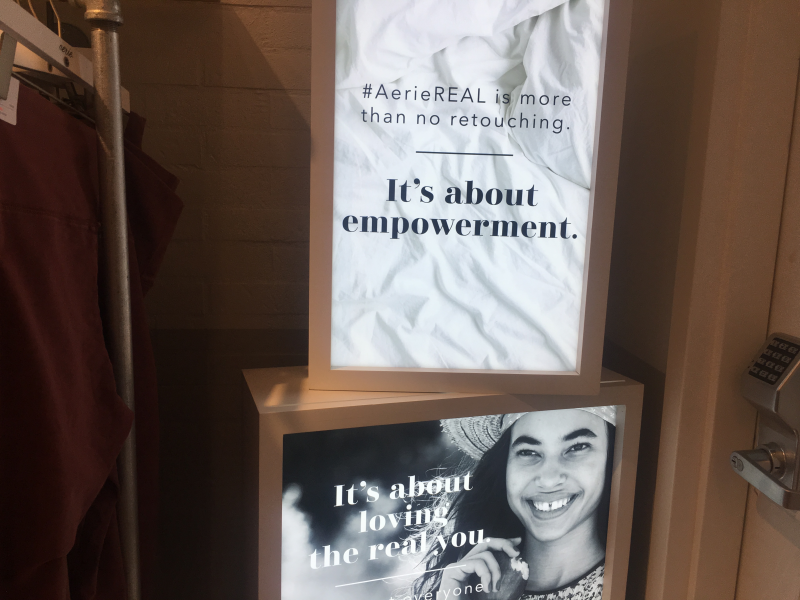
And in September, Victoria's Secret faced monumental pressure when Rihanna debuted a game-changing fashion show for her lingerie brand, Savage X Fenty. The show featured a diverse cast of models and celebrated various genders, body types, and skin tones. After the show began streaming on Amazon, many compared it to Victoria's Secret's annual runway event, which has seemingly been canceled.
With its competition in mind, Victoria's Secret's latest campaign appears reactionary rather than revolutionary. If the brand has long been criticized for exclusively representing women with just one body type, why is it just now beginning to feature plus-size models, weeks after the Savage X Fenty show took place and years after Aerie has been promoting body positivity?
It seems as though Victoria's Secret has ignored past scrutiny, just to take action when competitor brands posed a serious threat.
Both Victoria's Secret and Tate have been accused of 'fat-shaming' in the past
Neither the brand nor the model is without controversy.
Tate previously faced backlash in response to comments she made on Facebook in 2016.
"Sorry but I don't care about people's health who are fat," Tate previously wrote. "That's their own prerogative and their own life to lead. They are free to make their own choices."
"Being obese is simply bad for the environment, and in this day and age, we cannot afford that lack of empathy anymore," she continued.
The comments were posted in response to a blogger's article titled "11 Reasons Your Phony 'Concern' for Fat People's Health Has Got to Stop."
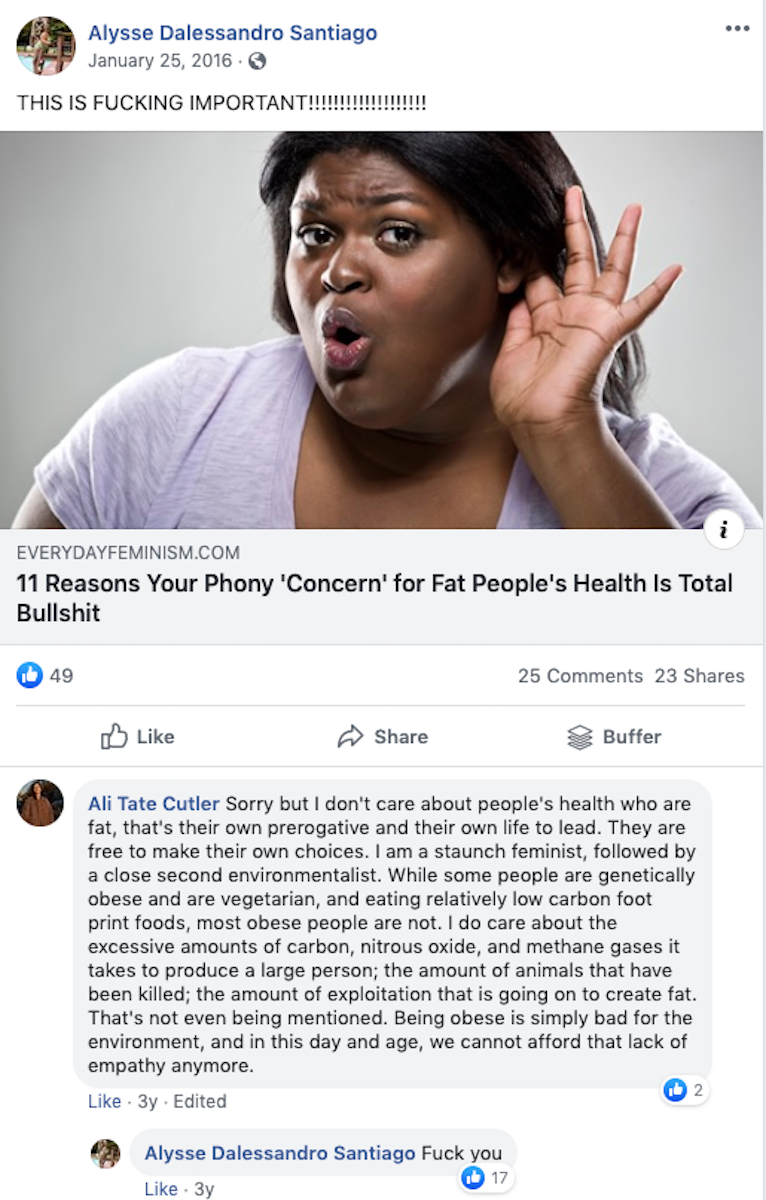
The comments were first unearthed in 2018 when Reformation announced Tate would lead its plus-size fashion campaign. Now, the comments are making the rounds on Twitter once again.
Not surprised this is the model that Victoria’s Secret hired to be their first “plus size” model. 🙄🙄🙄🙄 https://t.co/vdS7G73vCR
— Alysse Dalessandro🌈 (@readytostare) October 8, 2019
Victoria’s secret hiring their first “ plus size model” who is fatphobic herself is just the cherry on top lmfao. How on brand of them. https://t.co/9bR7z1AIpT
— 𝕶𝖎𝖒𝖒𝖎𝖊🔪 (@kimmieshexes) October 9, 2019
And in 2018, Ed Razek, the former CMO of Victoria's Secret's parent company L Brands, gave a lambasted interview with Vogue in which, in addition to saying he didn't think transgender models should be part of Victoria's Secret's runway shows, he also said the general public doesn't have an interest in plus-size fashion.
"If you're asking if we've considered putting a transgender model in the show or looked at putting a plus-size model in the show, we have," Razek said in 2018. "We invented the plus-size model show in what was our sister division, Lane Bryant."
"Lane Bryant still sells plus-size lingerie, but it sells a specific range, just like every specialty retailer in the world sells a range of clothing. As do we," he continued. "We market to who we sell to, and we don't market to the whole world."
"We attempted to do a television special for plus-sizes [in 2000]," Razek said. "No one had any interest in it, still don't."
Razek eventually stepped down from his role at the company in August.
Ultimately, Victoria's Secret's latest announcement comes off as insincere and ill-timed
Because Victoria's Secret has long failed to diversify its cast of models, the brand's latest campaign does not seem genuine. The fact that Victoria's Secret couldn't commit to hiring a plus-size model on its own without collaborating with an inclusive brand also speaks volumes.
If Victoria's Secret really hopes to reinvent its business, the brand needs to focus on implementing genuine changes rather than making token gestures.
- Read more:
- Rihanna's Savage X Fenty runway is unlike anything we've ever seen. Here's why Victoria's Secret should be scared.
- As millennial shoppers choose comfort over seduction, Victoria's Secret's 'sexy' strategy is sending them into a slump
- Model Kate Upton called Victoria's Secret a 'snooze fest' and criticized the brand for not being 'body inclusive'
- Victoria's Secret is taking steps to shed its much-criticized image. Here are 4 things that the brand has changed this year.
